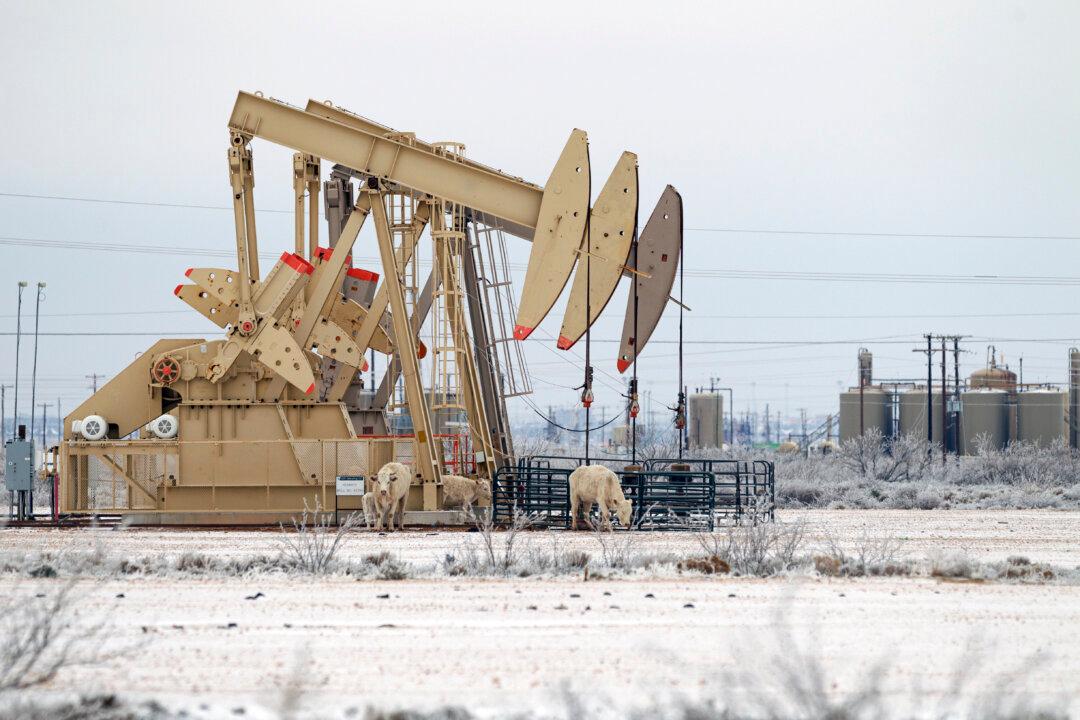The brutal cold snap that crippled Texas’ power system and spread to other states, leading to blackouts in over four million homes and businesses, highlighted the growing vulnerability of the grid to increased dependency on less reliable sources of energy like wind and solar, an expert told NTD in an interview.
Jason Isaac, a former state representative and current director of Life: Powered, a project of the Texas Public Policy Foundation, said that the power crisis spurred by the recent deep freeze exposed the fragility associated with the global push to ditch “reliable” fossil fuels in favor of “unreliable” renewables.





